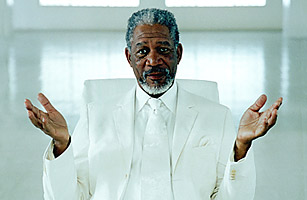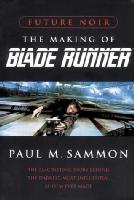I have a vague idea of what goes into production value (talent, cinematography, editing, SOUND, etc.), but not really any concrete ideas as to how to improve production value, short of spending millions of dollars (which I would gladly spend if someone wants to give them to me).
I'm planning to film a drama feature next fall (and will hopefully be shooting a handful of shorts and possibly a web series between now and then), and want to maximize production value to increase my chances of getting distribution/getting into festivals/not embarrassing myself .
.
So, going on the basis that this is a drama film without any complex sets, no special effects, etc., what would you do to increase the production value? What gives you the most bang for your buck? What's the least effective thing to spend your limited funds on?
Let's also assume that the budget for this is likely going to be under $50,000, though possibly could go as high as $100,000. And let's also assume that I'm not opposed to begging if that will get things done/get me things for free.
I'm planning to film a drama feature next fall (and will hopefully be shooting a handful of shorts and possibly a web series between now and then), and want to maximize production value to increase my chances of getting distribution/getting into festivals/not embarrassing myself
 .
.So, going on the basis that this is a drama film without any complex sets, no special effects, etc., what would you do to increase the production value? What gives you the most bang for your buck? What's the least effective thing to spend your limited funds on?
Let's also assume that the budget for this is likely going to be under $50,000, though possibly could go as high as $100,000. And let's also assume that I'm not opposed to begging if that will get things done/get me things for free.











